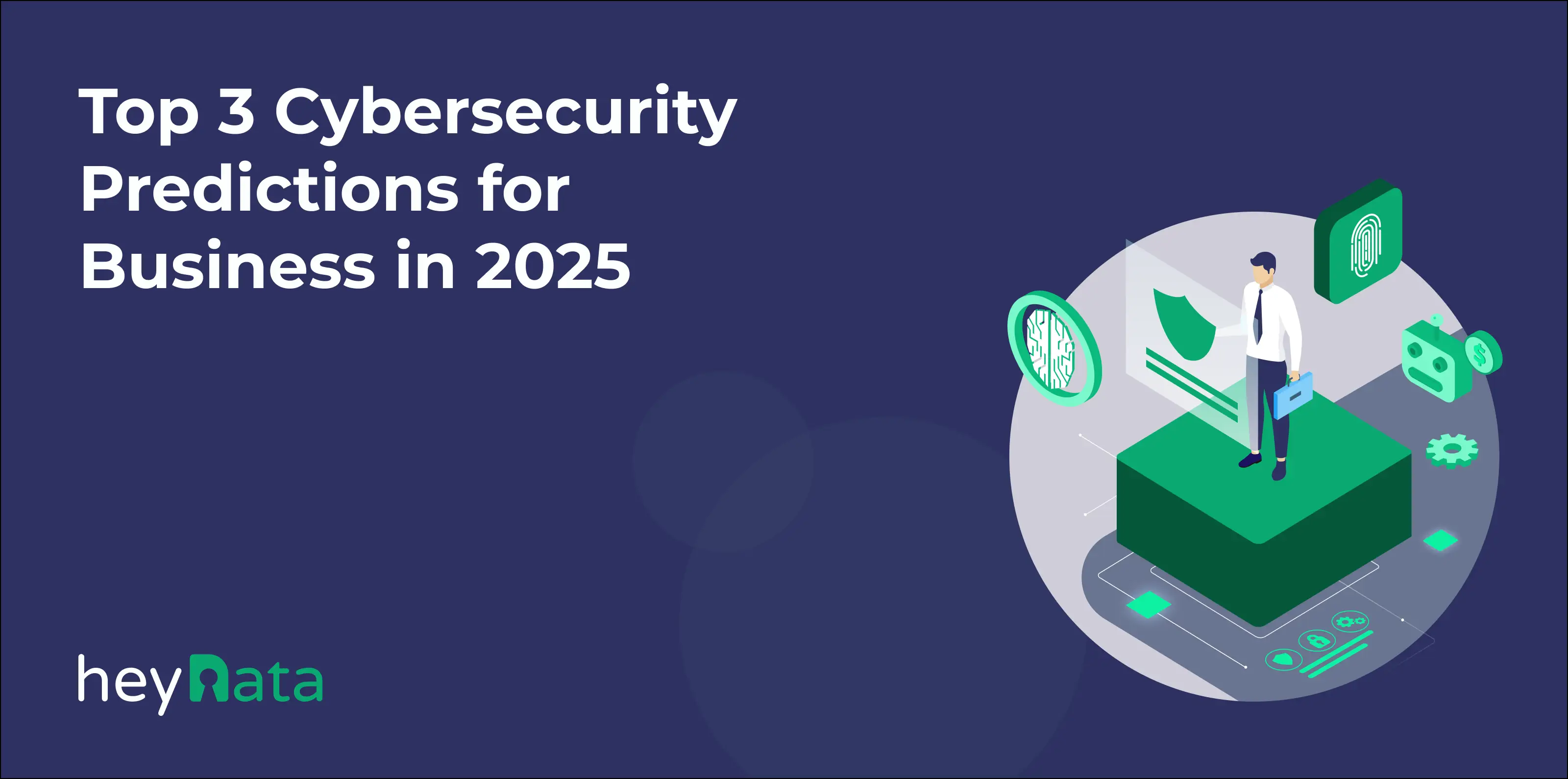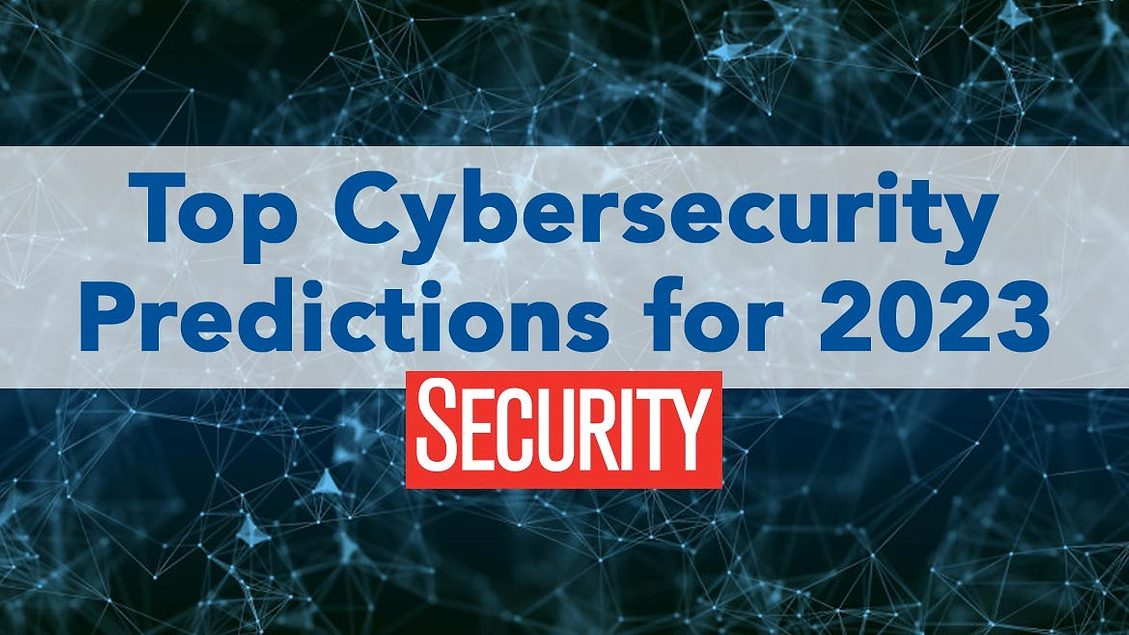Stay prepared with cyber resilience to handle security breaches.
Stay prepared with cyber resilience to handle security breaches.
Blog Article
Future-Proof Your Business: Key Cybersecurity Predictions You Required to Know
As companies face the speeding up rate of electronic makeover, recognizing the developing landscape of cybersecurity is vital for long-term resilience. Forecasts recommend a substantial uptick in AI-driven cyber threats, along with increased regulative examination and the important change towards Absolutely no Depend on Style. To effectively navigate these difficulties, companies must reassess their safety and security techniques and promote a society of understanding amongst employees. Nonetheless, the ramifications of these modifications extend past mere conformity; they could redefine the really framework of your functional safety. What actions should firms take to not only adapt but grow in this brand-new atmosphere?
Surge of AI-Driven Cyber Hazards

Among one of the most concerning developments is making use of AI in creating deepfakes and phishing schemes that are remarkably persuading. Cybercriminals can fabricate sound and video clip material, impersonating execs or trusted people, to control sufferers right into divulging sensitive information or accrediting fraudulent deals. In addition, AI-driven malware can adapt in real-time to avert discovery by conventional safety and security measures.
Organizations need to identify the immediate demand to strengthen their cybersecurity frameworks to battle these developing threats. This includes investing in advanced danger detection systems, fostering a society of cybersecurity awareness, and implementing durable event response plans. As the landscape of cyber risks transforms, positive procedures come to be crucial for securing delicate data and maintaining service honesty in a progressively electronic world.
Boosted Emphasis on Data Privacy
Just how can companies efficiently navigate the expanding focus on data personal privacy in today's electronic landscape? As regulative frameworks advance and customer expectations rise, businesses must focus on robust data privacy strategies. This entails taking on detailed information governance policies that ensure the ethical handling of individual details. Organizations needs to conduct routine audits to examine compliance with policies such as GDPR and CCPA, identifying potential vulnerabilities that could cause information violations.
Buying employee training is crucial, as team understanding directly influences information protection. Organizations needs to foster a society of privacy, urging workers to recognize the importance of securing delicate information. Furthermore, leveraging modern technology to enhance information security is vital. Implementing sophisticated encryption approaches and protected data storage solutions can significantly minimize dangers linked with unapproved access.
Cooperation with legal and IT teams is crucial to straighten information personal privacy initiatives with company goals. Organizations should also engage with stakeholders, consisting of consumers, to connect their commitment to data privacy transparently. By proactively attending to data privacy worries, organizations can develop count on and improve their reputation, ultimately contributing to lasting success in an increasingly scrutinized digital atmosphere.
The Change to Absolutely No Trust Fund Style
In response to the advancing threat landscape, organizations are progressively embracing Absolutely no Trust fund Style (ZTA) as a fundamental cybersecurity technique. This strategy is predicated on the principle of "never depend on, constantly validate," which mandates continuous verification of individual identifications, gadgets, and information, no matter their area within or outside the network border.
Transitioning to ZTA entails applying identification and gain access to administration (IAM) remedies, micro-segmentation, and least-privilege accessibility controls. By granularly regulating access to resources, companies can minimize the threat of insider hazards and decrease the influence of external violations. ZTA encompasses durable surveillance and analytics abilities, permitting organizations click here to read to detect and respond to abnormalities in real-time.

The change to ZTA is additionally sustained by discover here the raising fostering of cloud solutions and remote work, which have actually increased the assault surface area (cybersecurity and privacy advisory). Traditional perimeter-based safety models want in this new landscape, making ZTA a much more resistant and adaptive framework
As cyber dangers remain to grow in elegance, the adoption of No Trust principles will certainly be vital for companies seeking to safeguard their possessions and keep regulatory conformity while guaranteeing organization continuity in an unclear atmosphere.
Regulative Modifications on the Perspective

Future regulations are anticipated to deal with a variety of issues, consisting of data personal privacy, violation alert, and occurrence response procedures. The General Information Defense Policy (GDPR) in Europe has actually established a precedent, and similar structures are emerging in various other areas, such as the United States with the suggested federal privacy legislations. These laws commonly impose stringent penalties for non-compliance, stressing the need for companies to prioritize their cybersecurity actions.
Furthermore, sectors such as finance, healthcare, and important infrastructure are most likely to encounter a lot more rigid demands, reflecting the delicate nature of the data they deal with. Conformity will not just be a lawful responsibility but a critical element of building count on with customers and stakeholders. Organizations needs to remain in advance of these adjustments, integrating governing requirements into their cybersecurity techniques to ensure strength and shield their assets properly.
Importance of Cybersecurity Training
Why is cybersecurity training a vital element of a company's protection approach? In an age where cyber hazards are significantly advanced, companies need to acknowledge that their employees are often the initial line of protection. Efficient cybersecurity training outfits team with the understanding to recognize possible risks, such as phishing attacks, malware, and social engineering tactics.
By cultivating a society of safety and why not try this out security recognition, organizations can dramatically decrease the threat of human error, which is a leading source of data violations. Normal training sessions make sure that staff members stay educated about the most recent dangers and best methods, therefore enhancing their capacity to respond suitably to events.
Moreover, cybersecurity training advertises compliance with regulatory needs, lowering the danger of legal consequences and financial fines. It additionally empowers workers to take possession of their function in the company's security structure, resulting in an aggressive instead of reactive technique to cybersecurity.
Verdict
In conclusion, the developing landscape of cybersecurity demands positive steps to attend to arising hazards. The rise of AI-driven attacks, coupled with heightened data privacy worries and the shift to Absolutely no Trust fund Architecture, necessitates a detailed strategy to security. Organizations should stay cautious in adapting to governing adjustments while focusing on cybersecurity training for employees (Deepfake Social Engineering Attacks). Stressing these approaches will certainly not just boost business strength yet also safeguard sensitive info versus an increasingly advanced selection of cyber risks.
Report this page